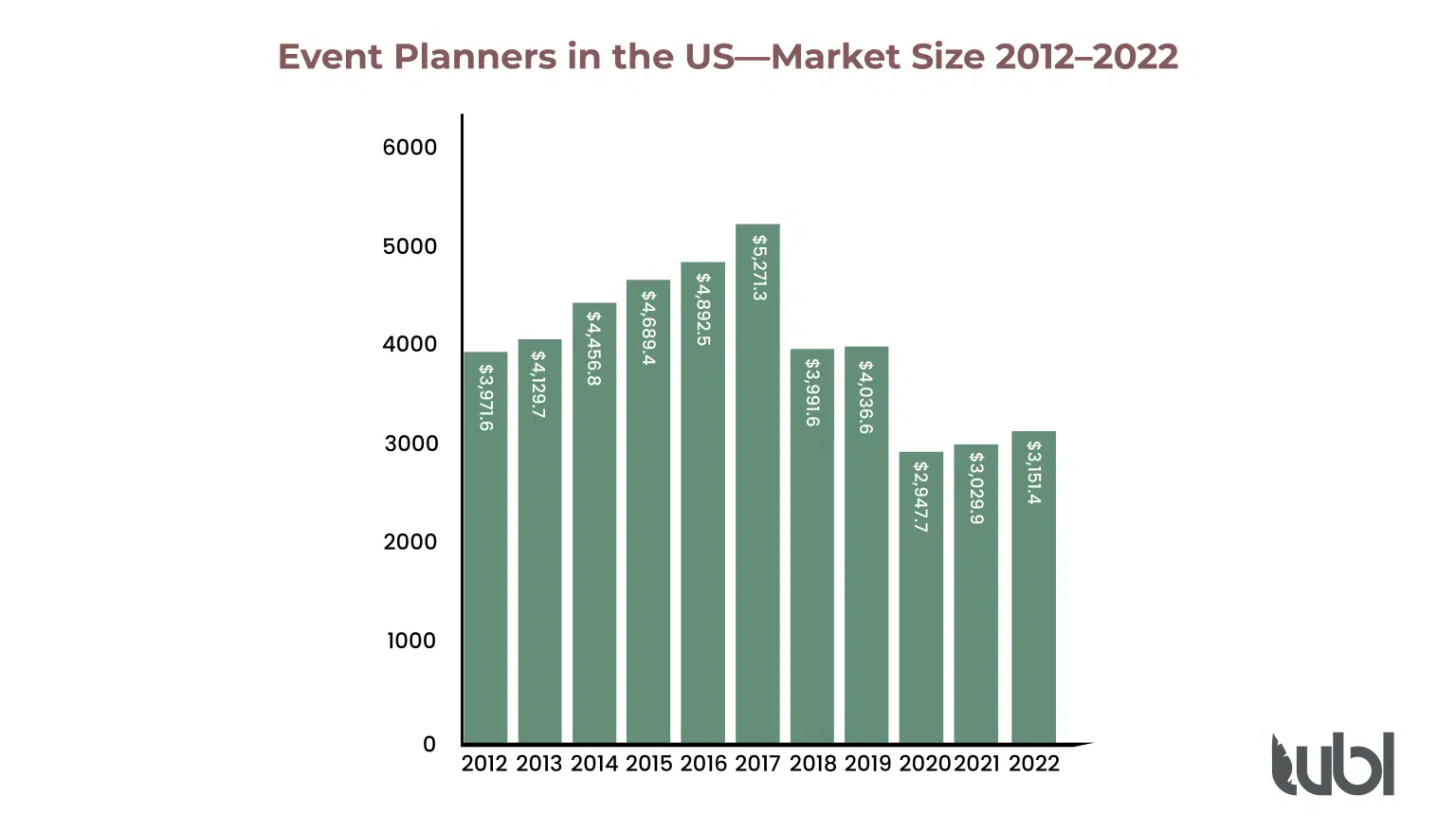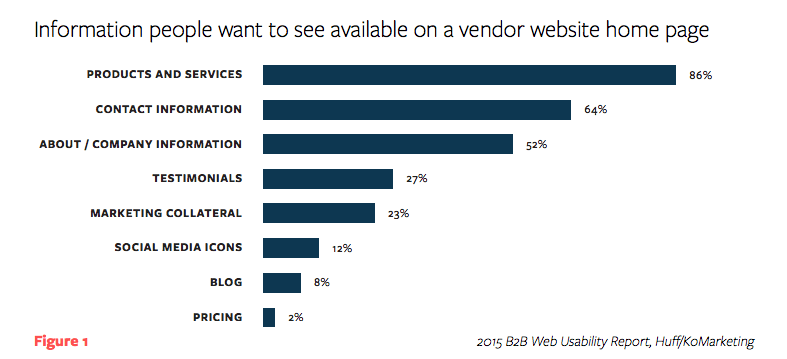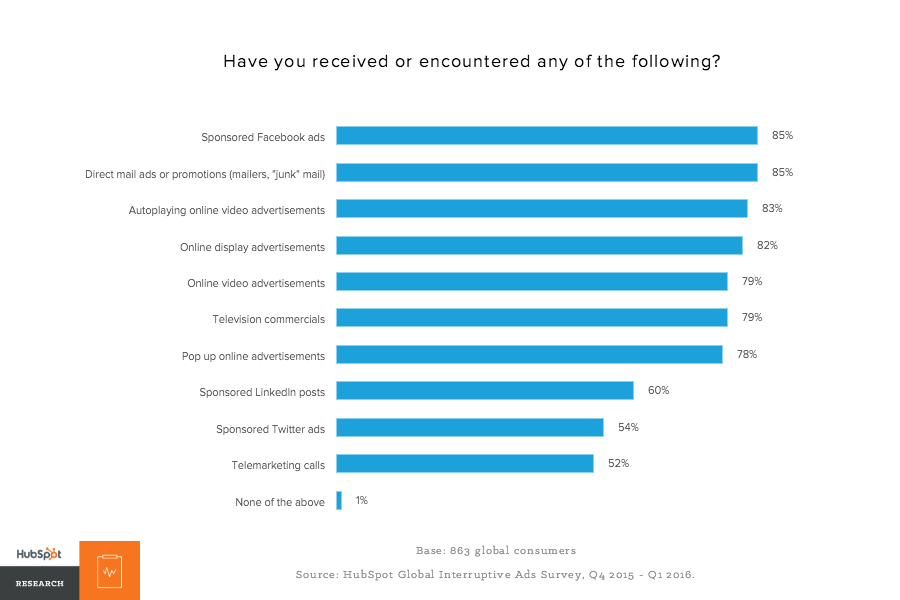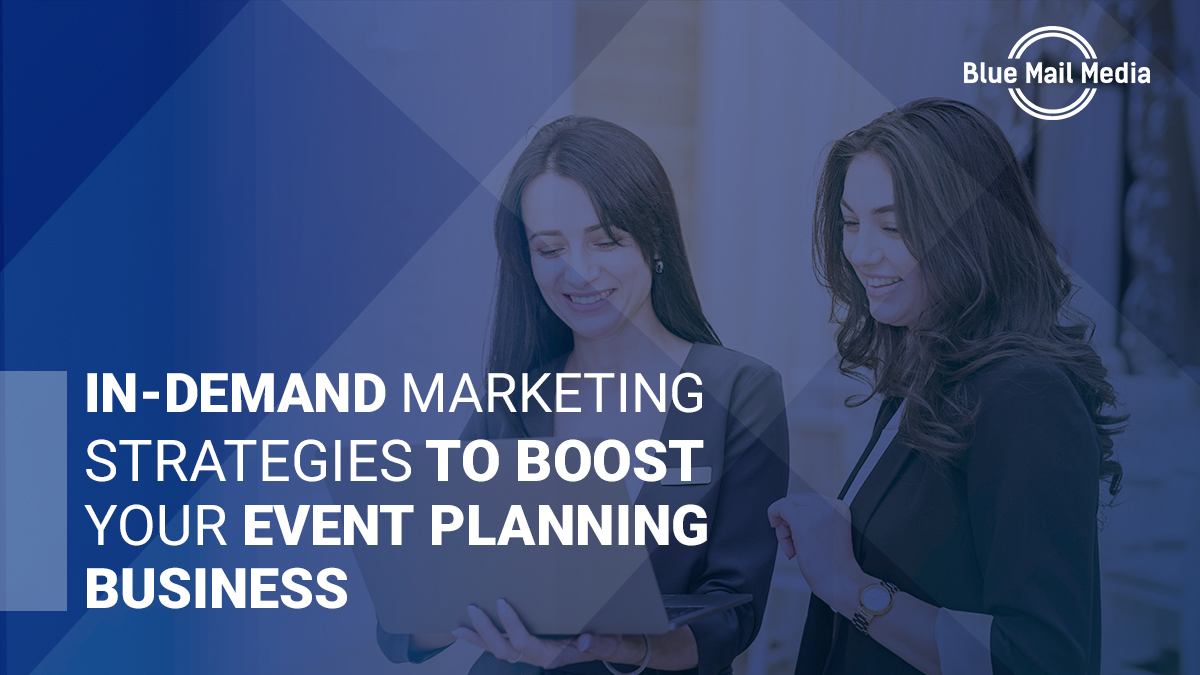Today’s businesses run in a data-driven environment. The right kind of data enables them to make well-considered business decisions. Email tracking is a way of obtaining data about email campaigns. Using email marketing KPIs or Key Performance Indicators, businesses can learn what strategy elicits a response from their customers.
You have a great event planning business with some very creative individuals working in your team. All you need is more clients to show your event planning prowess. But, the genuine concern is- how to market your business the right way to get more clients? As per 90% of event planning businesses, reaching new clients is one of their biggest challenges. If you hear crickets in your office, you need to reconsider your existing marketing strategies.
We have written this well-rounded guide to event planning business marketing to make things easier for you, which will add the most powerful strategies to your arsenal.
#1. Find your niche.
The event planning industry in the United States is expected to hit $3.2 billion by the end of 2022.

Source: writersblocklive.com
But to be successful in this flourishing market, you need to have a clear target audience to serve. Determine the types of events you can produce most successfully and the clients who benefit from your services. This will be the basis for all your marketing endeavors.
To figure out your niche, take a look at your most successful past events. Are they all a certain size, involving a specific topic, or in a particular type of location? What aspects unite them? Where were the majority of the event attendees from? Were they from a specific industry? What did they accomplish from the event?
With these questions, you can craft audience targeting statements, like –
- “We plan ostentatious weddings for celebrities and high-profile people who want to wow their guests.”
- “We offer bespoke, high-impact virtual conferences for healthcare organizations.”
- “We help non-profits connect with philanthropists through fundraising events.”
- “We focus on organizing virtual events for the energy industry.”
The next step is to think about specific ideal clients using as many details as possible. This will help shape your marketing strategies in many ways. For example, you can determine the social media channels to focus on, the images to feature on your website, ways to spend your advertising budget, and the event trends crucial to your business.
The steps mentioned above will give you a clear path forward for your event planner marketing strategy.
#2. Make your website a priority.
Now that you have prepared some audience targeting statements, it’s time to take a look at your website. Take note of a few key things.
- When you visit your site, what’s the first thing you see?
- Can you clearly see your business name, logo, and services without scrolling?
- Are the CTAs easily seen and enticing enough?
- Do the images on your website convey the type of events you specialize in? Are they visually appealing, high quality, and compressed to load quickly?
- Do the pages load quickly?
- Is the navigation clear and simple to use?
- Have you included links to all your social media channels?
As per the web usability report, people want to see the following information on a website. Does your website have them all?

Source: direction.com
You can use the answers to these questions to design your website to match the style and tone of your events.
#3. Create and grow relationships, both offline and online.
Finding new contacts and business often relies on networking in the event planning industry. Networking involves getting your name and face in front of people who may use your services or recommend your services to others. By forming relationships in your industry, you can set up a network of supporters who can help you reach your goals.
As per a study, 85% of businesses believe that in-person meetings help build more robust and more meaningful relationships, but COVID has been a challenge to those who prefer in-person meetings. Therefore, in today’s times, your networking initiatives should be a mix of both online and offline activities.
Below are some simple ideas for developing and leveraging your connections.
- Join a local group or association for event planners. For example, Professional Convention Management Association (PCMA) is a leading association for event planners. LinkedIn Groups also provide endless opportunities to network with professionals in the events industry.
- Attend trade shows. By attending trade shows, you will be able to expand your customer base and meet potential clients who may have never known you otherwise.
- Attend events organized by other planners. This has two benefits: you can get several ideas for your own events, and you get to network with people, exchange business cards, or set up informal meetings to introduce yourself.
- Offer your services for free for non-profits. You may not get monetary rewards from it, but you will get to meet several people who may use your services in the future.
At networking events, it is crucial to be heard and seen. Share your opinions, help people, and get involved in discussions. You never know who will listen to you speak and get inspired to do business with you.
#4. Leverage the best email marketing tactics.
As an event planner, the success of your business can come down to how good your email campaigns are. There may be several ways to spread the word about your business, but nothing comes close to email marketing.
- Email marketing generates an astounding 4,200% ROI.
- 86% of professionals prioritize email connections

Source: hubspot.com
But to reap the benefits of this marketing channel, you need to entice your reader to open the message and convince them to click through and sign up. The below tips can be helpful.
- Use short, concise, and enticing subject lines. NEVER clickbait.
- Segment your email list based on demographics, customer interests, past purchasing history, and other criteria, and tailor your message to suit the target market.
- Address your recipients by their name, and add only relevant content in your email body. By relevant, we mean the content that addresses their pain points or offers them the exact information they are looking for.
- Include a clear CTA in your email.
- Use high-quality and fast-loading images. You can include pictures of your event’s location, keynote/celebrity speaker, fun behind-the-scenes moments, etc. Videos are even better than images. Using videos, you can exhibit the type of events you organize and your organization’s personality.
- Craft a digital portfolio that you can send to potential clients.
- Whatever your unique offering is, highlight it in your content.
#5. Manage the customer journey.
Marketing is not just about constantly searching for new clients; it is also about managing the user journey from start to finish. Every potential customer will go on a journey before choosing you as their event planning partner. Generally, clients go through a period of inspiration and research when visualizing their future events. They begin to narrow down options for planners based on several criteria like their event type, budget, area of expertise, and location. Below are some tips for marketing throughout the entire customer journey.
- Optimize your website for search engines by using strategic keywords for your market. This will help you rank better for search terms related to those pages.
- Create separate landing pages for each event type.
- Create an email newsletter.
- Provide high-quality educational content to potential clients.
- Reach out periodically to customers so that you stay top of mind.
- Respond to reviews and feedback online.
- Display video testimonials of your customers on your website.
- Include FAQs on your website so that it’s easy for customers to choose you.
- Encourage user-generated content, and share it on social media.
By showing your potential customers that you are a trustworthy event planning partner, you’re well on your way to earning their business.
Wrap Up
You have started an event planning business meticulously, and it is now time to create a buzz about it. The strategies highlighted in this article will allow you to target the right set of customers and keep the momentum going.

